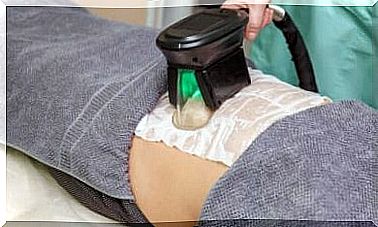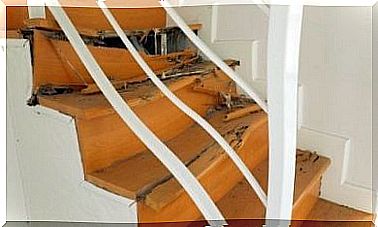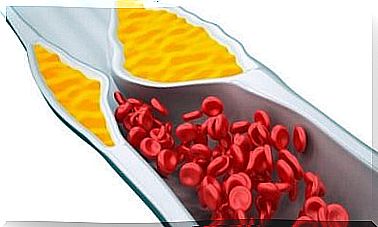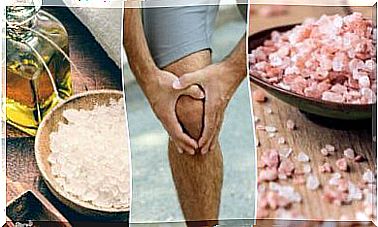Consume Less Electricity: 7 Tips
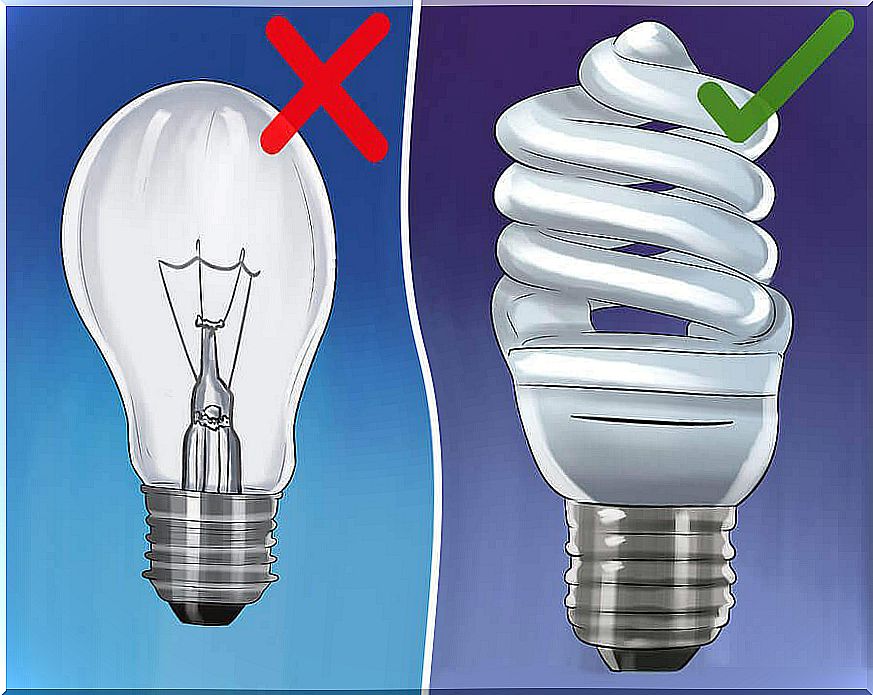
In this article, we present some tips that will help you consume less electricity. In this way, in addition to protecting the environment, you can considerably reduce the amount of your bills.
Tips to consume less electricity
If you have received your electricity bill and your consumption was higher than that of the previous month, pay attention to the following tips. There is no need to stay in the dark or go to sleep earlier; it is sufficient to implement certain habits and modify others, for example:
1. Contact a professional

This advice may seem out of place as it involves spending extra; however, it is a long-term investment. A professional will be able to tell you if there are any air leaks in the windows, if the radiators or electrical appliances are working properly or if a device is consuming more energy than it should.
2. Efficient appliances
If the technician tells you that an appliance is consuming more electricity than it should, perhaps it is the ideal time to buy a more modern one that allows you to save electricity.
Pay attention to the energy efficiency label of household appliances. The energy efficiency scale includes categories ranging from letter A to letter G, where the first is the one with the highest efficiency. This information is present in almost all household appliances, such as refrigerators, freezers, dishwashers, washing machines, dryers, and even light bulbs.
While efficient appliances can be a little expensive, they can help you cut your bill considerably .
3. Insulate doors and windows
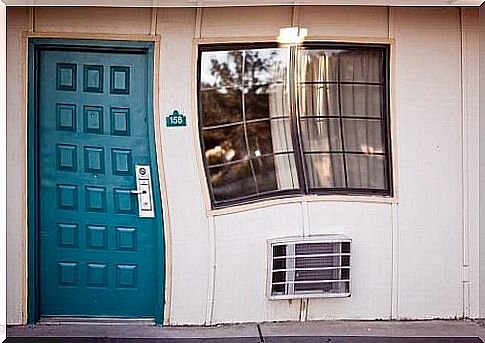
You can do it yourself or contact someone, but it is important that doors and windows are well insulated to prevent heat or cool from escaping. A silicone gun, some putty, and some adhesive-padded zip ties may be enough to insulate the house; however, they are not the only ways to accomplish this.
You can place curtains or cushions that help thermally insulate the house. For example, in winter, the curtains will serve to avoid “cold spots”; as well as in summer they can prevent heat from outside. Open the windows and shutters when the sun goes down to ventilate the house.
4. Use appliances well
Most of the monthly electricity consumption comes from household appliances. You can consume less electricity by using them more efficiently. For example, you need to defrost the freezer (which consumes the most energy) when the ice layer is greater than 5mm. Also, make sure it closes well.
In the case of the washing machine, use short programs with cold water or wait until you have enough clothes to fill it; the same goes with the dishwasher. On the other hand, when ironing, do not put the iron on maximum and unplug it as soon as you finish using it.
As for the oven, prepare several dishes at the same time. Another important factor in energy consumption is the “stand by” of televisions, audio equipment or computers. They continue to consume electricity even when you are not using them. For this reason, the best thing to do is to turn them off as soon as we finish using them. There is no need to unplug.
5. Low consumption light bulbs
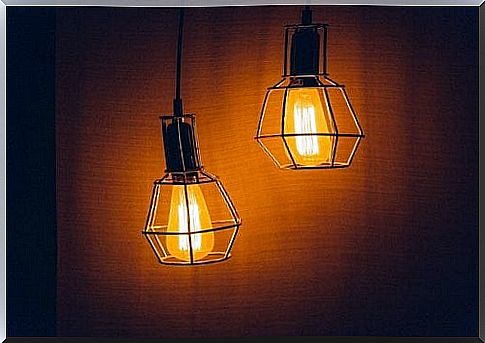
If you want to consume less electricity as you run out of what you have at home, we recommend that you buy low-energy bulbs or LEDs. They are more expensive, but the performance is higher and have a lifespan of more than 10,000 hours, and they also do not emit heat.
In addition to paying attention to the type of light bulb you have in the house, it is advisable to turn off the ones you are not using. Turn off the light every time you leave a room. Open curtains and windows to make the most of the sunlight.
6. Take a shower quickly
It is very pleasant to stay under the jet of hot water after a hectic day of work, it helps to relax and decontract the muscles. However, this habit involves a great deal of electrical expenditure. Therefore, a hot water shower should not exceed 7 minutes.
Lower the temperature of the water heater. Although the preset average is 60 ºC, lower it to 40 ° C. Adjust hot water with cold water.
7. Do not air-condition the house “empty”
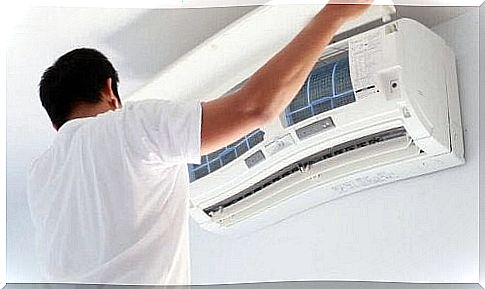
It is true that everyone likes to come home and find an ideal temperature, whether it is winter or summer. However, we must not leave the radiators or the air conditioning on, as the energy consumption ends up being very conspicuous.
Only turn on these appliances as soon as you get home. It should be remembered that there are applications to control household appliances. For example, some applications allow you to turn them on 20 minutes before we arrive home. Some appliances can be programmed to operate at a certain time.
Main image courtesy of © wikiHow.com
